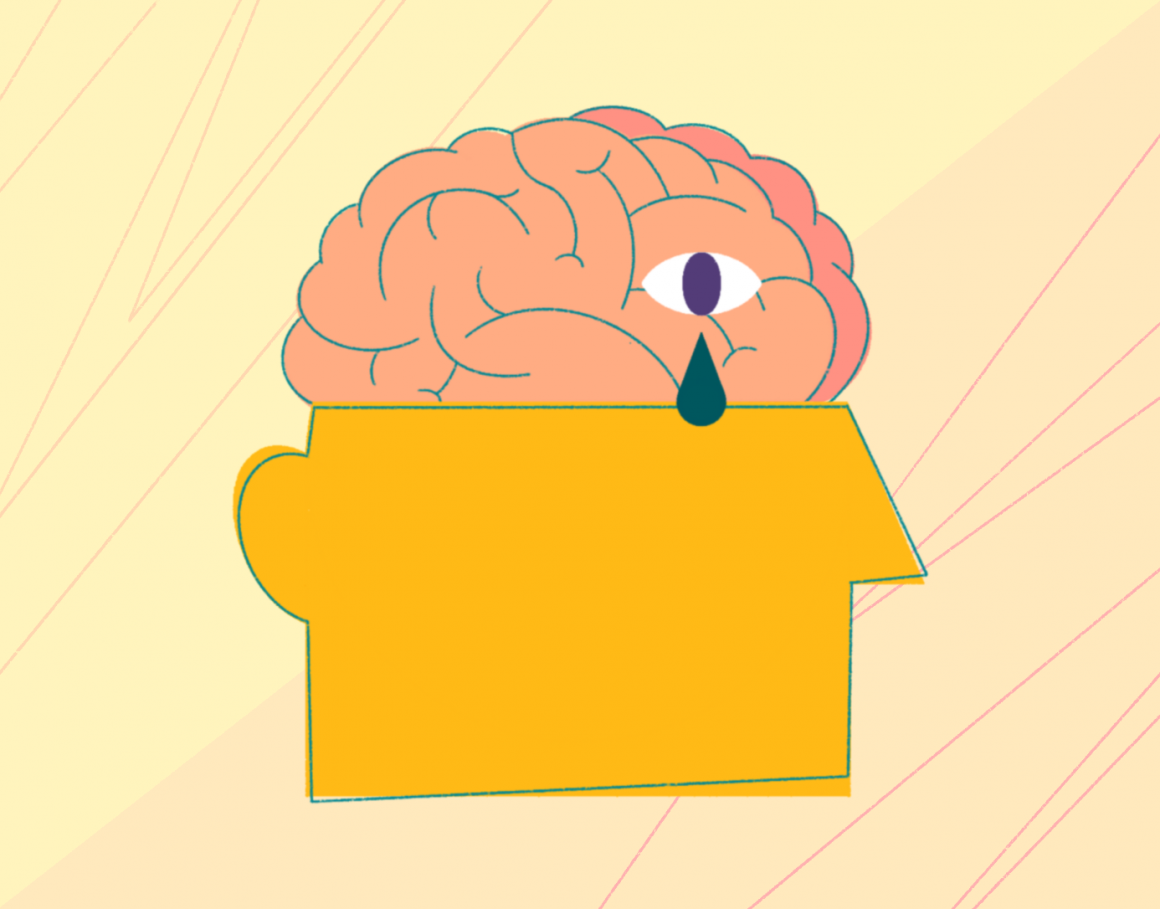
Dopamine fasting: Just another Silicon Valley trend or a beneficial health practice?
By Cheyanne Lemaire, February 27 2020—
Silicon Valley’s is known for having many outrageous, yet extremely beneficial fads around health and well-being. The Keto diet, intermittent-fasting, shoeless offices and so many more come to mind. A newish trend is dopamine fasting. This fasting method was developed by Cameron Sepah in 2019. Sepah is a clinical professor of psychiatry at the University of California. He believes that “taking a break from behaviours that trigger strong amounts of dopamine release allows our brains to recover and restore itself.”
So, what is Dopamine Fasting?
Dopamine fasting is the method of abstaining from any activity that gives you pleasure. This may include sex, pleasurable eating, social media, smartphones, media, video games, recreational drugs or alcohol. Avoiding these activities resets the dopamine levels in the brain and helps reduce impulsive behaviours, rather than reducing dopamine levels. The point of this fasting technique is to target bad habits that have become toxic to your well-being and to reset your brain’s dependency on the dopamine levels attached to the addictive behaviours.
What it is not?
This technique is not avoiding all stimulation, but rather focusing on specific behaviours that cause an issue in your life – big or small. It does not include not socializing, talking or exercising. This fast encourages healthy behaviours that add to our overall well-being. It is not a rebranding concept of meditation as it does not include the need for meditation. It is not a “vacation” from our normal habits. This fasting technique is used to appreciate positive habits and give our brains the necessary break from the dopamine overload of addictive activities. It should not be viewed as a vacation as people typically indulge in negative habits on vacations. Though this fasting method is a trend in Silicon Valley, it is not specific to Silicon Valley nor is it specific to one gender. For years it has been used by many different people from all over the world.
Is there some actual science behind this?
We can understand the relevance between heightened dopamine levels and behaviours through ‘classical conditioning’. This method was discovered by Pavlov in 1897. Conditioning is where an unlearned and natural response occurs toward a stimulus in the environment then a conditioned or learned stimulus occurs before the unconditioned stimulus. This routine is done multiple times and eventually it creates a conditioned response in the subject. We can look at addictive behaviours the same way. For example, seeing a notification on our smartphones can become a conditioned response because we will begin to anticipate a reward, the reward being a dopamine increase. It becomes an addiction because whenever we feel bored, sad or having negative feelings we will rely on an activity that rewards our dopamine levels to feel better. Not all of the activities that cause an increase in dopamine are necessarily good for us though.
How long are dopamine fasts?
We all live very busy lives in today’s society, and it can become difficult to go MIA from our usual habits that fill our lives for extended periods of time. Depending on your day-to-day life and your need of dopamine fasting there are 4 suggested ways to schedule a fast.
- One to four hours at the end of the day.
- One weekend day.
- One weekend per quarter.
- One week per year.
These schedules are very dependent on your life and needs basis. Of course, you can always do more or less. The important thing to keep in mind though is that a fast is scheduled to exclude behaviours that are typically associated with times of rest since we commonly use addictive/negative behaviours during these periods most.
What are the most common behavioural addictions?
There are many negative behaviours that people have in their lives. The main six behaviours that are most common include:
- Emotional eating: This includes any foods that are addictive or rewarding. Examples of these are: sweets, salty foods, savoury or spicy foods, combinations of carbs and fats.
- Internet use and gaming: Includes social media, games, music for pleasure or to cure boredom.
- Gambling and shopping
- Porn and masturbation
- Sex: Healthy sexual routines are encouraged. Although, impulsive, compulsive, or high-risk sexual behaviours should be avoided during a fast.
- Caffeine and drugs: this includes coffee, caffeinated teas, energy drinks, soda, marijuana, other drugs, cigarettes, vapes and alcohol.
What can you do instead?
There are so many activities that help our well-being and health. Depending on your interests you may want to create a project to keep your mind occupied, exercise, bonding with others, learning new skills. You can honestly do any activity that provides a positive experience in your life and does not make you rely on it in times of negativity.
